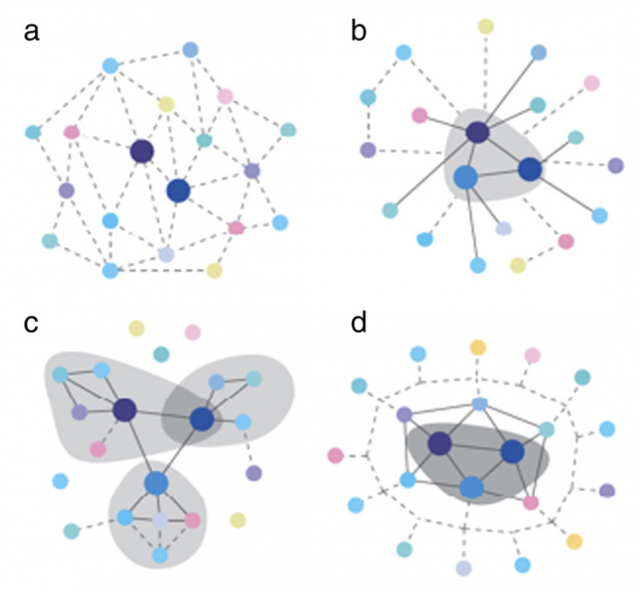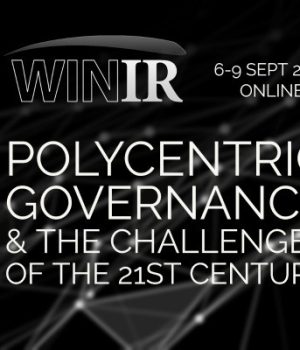
Nice discussion of how polycentric order could be developed along a pathway from communication to informal collaboration, partnerships, cooperative projects, and conflict resolution.
Abstract: “Planetary boundaries and their interactions pose severe challenges for global environmental governance due to their inherent uncertainties and complex multi-scale dynamics. Here we explore the global governance challenge posed by planetary boundaries interactions by focusing on the role of polycentric systems and order, a theoretical field that has gained much interest in the aftermath of claims of a stagnant UN-process. In the first part we work toward a clarification of polycentric order in an international context, and develop three propositions. We then present a case study of the emergence of international polycentricity to address interacting planetary boundaries, namely the climate change, ocean acidification and loss of marine biodiversity complex. This is done through a study of the Global Partnership on Climate, Fisheries and Aquaculture (PaCFA) initiative. As the case study indicates, a range of mechanisms of polycentric order (ranging from information sharing to coordinated action and conflict resolution) operates at the international level through the interplay between individuals, international organizations and their collaboration patterns. While polycentric coordination of this type certainly holds potential, it is also vulnerable to internal tensions, unreliable external flows of funding, and negative institutional interactions.”
Table 2. Polycentric coordination and order – a summary













